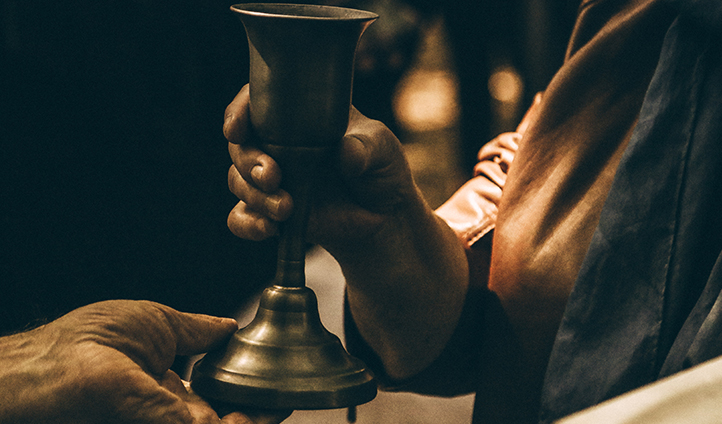Sherbert v Verner: Religious Practice & The First Amendment
Historical
In Sherbert v Verner, 374 U.S. 398 (1963), the U.S. Supreme Court held that disqualifying a Seventh Day Adventist for unemployment compensation benefits, solely because of her refusal to accept employment in which she would have to work on Saturday contrary to her religious belief, violated the First Amendment. The decision established what became known as the “Sherbert Test” for determining whether the government has violated an individual’s right to the free exercise of religion.
Facts of Sherbert v Verner
Adeil Sherbert, a member of the Seventh-Day Adventist Church, was fired by her employer because she would not work on Saturday, the Sabbath Day of her faith. After she was unable to find another job because she would not work on Saturday, she filed a claim for unemployment compensation benefits under the South Carolina Unemployment Compensation Act. The statute provides that a claimant is ineligible for benefits if he has failed, without good cause, to accept available suitable work when offered him. The State Commission denied Sherbert’s application on the ground that she would not accept suitable work when offered. The South Carolina Supreme Court affirmed the decision.
Supreme Court’s Decision in Sherbert v Verner
By a vote of 7-2, the Supreme Court reversed. “As so applied, the South Carolina statute abridged appellant’s right to the free exercise of her religion, in violation of the First Amendment, made applicable to the states by the Fourteenth Amendment,” the Court held. Justice William J. Brennan Jr. wrote on behalf of the Court.
The majority held that disqualifying Sherbert from receiving unemployment compensation benefits, solely because she refused to take a job that required her to work on Saturday contrary to her religious belief, imposed an unconstitutional burden on the free exercise of her religion. As Justice Brennan wrote, “to condition the availability of benefits upon this appellant’s willingness to violate a cardinal principle of her religious faith effectively penalizes the free exercise of her constitutional liberties.”
The Court further held that there was no compelling state interest enforced in the eligibility provisions of the South Carolina statute which justifies the substantial infringement of appellant’s right to religious freedom under the First Amendment. In reaching its decision, the majority established that the government must demonstrate a compelling interest in all Free Exercise cases where a religious person was substantially burdened by a law, which became known as the “Sherbert Test.”
Finally, the majority dismissed the argument that the decision violated the Establishment Clause by establishing the Seventh-day Adventist religion, “In holding as we do, plainly we are not fostering the ‘establishment’ of the Seventh-day Adventist religion in South Carolina, for the extension of unemployment benefits to Sabbatarians in common with Sunday worshippers reflects nothing more than the governmental obligation of neutrality in the face of religious differences, and does not represent that involvement of religious with secular institutions which it is the object of the Establishment Clause to forestall,” Justice Brennan explained.
Previous Articles
SCOTUS Decision in Bowe v. United States Is First of the 2026 Term
by DONALD SCARINCI on February 5, 2026
In Bowe v. United States, 607 U.S. ___ (2026), the U.S. Supreme Court held that Title 28 U.S.C. § ...
SCOTUS Rules State Can’t Immunize Parties from Federal Civil Liability
by DONALD SCARINCI on January 29, 2026
In John Doe v. Dynamic Physical Therapy, LLC, 607 U.S. ____ (2025) the U.S. Supreme Court held that...
Supreme Court to Address Racial Discrimination in Jury Selection
by DONALD SCARINCI onWhile the U.S. Supreme Court has concluded oral arguments for the year, it continues to add cases t...
The Amendments
-
Amendment1
- Establishment ClauseFree Exercise Clause
- Freedom of Speech
- Freedoms of Press
- Freedom of Assembly, and Petitition
-
Amendment2
- The Right to Bear Arms
-
Amendment4
- Unreasonable Searches and Seizures
-
Amendment5
- Due Process
- Eminent Domain
- Rights of Criminal Defendants
Preamble to the Bill of Rights
Congress of the United States begun and held at the City of New-York, on Wednesday the fourth of March, one thousand seven hundred and eighty nine.
THE Conventions of a number of the States, having at the time of their adopting the Constitution, expressed a desire, in order to prevent misconstruction or abuse of its powers, that further declaratory and restrictive clauses should be added: And as extending the ground of public confidence in the Government, will best ensure the beneficent ends of its institution.





